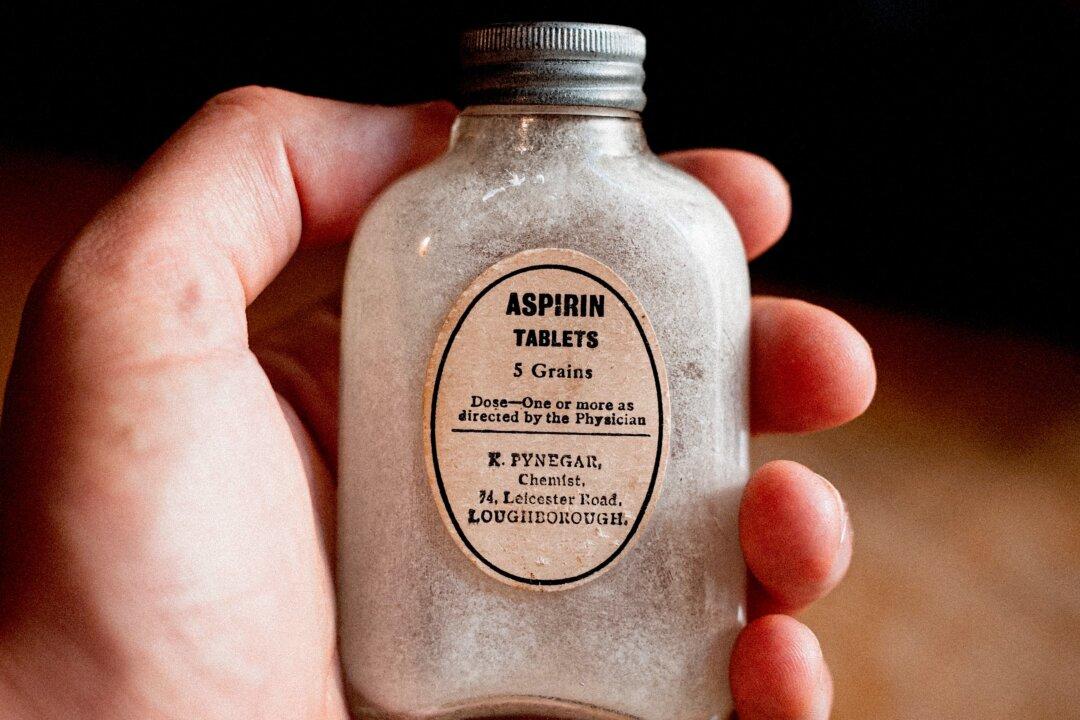Did you Know?
With the exception of smoking, nothing else affects your overall risk of cancer more than being overweight. According to an International Agency for Research on Cancer (IARC) Working Group, these 13 different cancers have been linked to being overweight or obese:- Endometrial: 7X as likely in people with severe obesity; 2–4X as likely in people who are obese or overweight
- Esophageal adenocarcinoma: 4.8X as likely in people with severe obesity; 2.4–2.7X as likely in people who are obese; 1.5X as likely in overweight individuals
- Gastric cardia: 2X as likely in obese individuals
- Liver: 2X as likely in obese or overweight individuals
- Kidney: 2X as likely in obese or overweight individuals
- Multiple myeloma: 1.1–1.2X as likely in obese or overweight individuals
- Meningioma: 1.5X as likely in obese individuals; 1.2X as likely in people who are overweight
- Pancreatic: 1.5X as likely in obese or overweight individuals
- Colorectal: 1.3X as likely in obese individuals
- Gallbladder: 1.6X as likely in obese individuals; 1.2X as likely in people who are overweight
- Breast: 1.2–1.4X as likely in obese or overweight individuals; 1.2X as likely for every 5-unit increase in BMI; 0.8 X as likely in obese or overweight individuals
- Ovarian: 1.1X as likely for every 5-unit increase in BMI
- Thyroid: 1.3X as likely in obese individuals; 1.26X as likely in people who are overweight
Calculating Your Body Mass Index (BMI)
Your BMI is a measure of body fat based on height and weight. The categories are:- Underweight = <18.5 BMI
- Normal weight = 18.5–24.9 BMI
- Overweight = 25–29.9 BMI
- Obesity = BMI of 30+
Or view the chart at this link: https://www.nhlbi.nih.gov/health/educational/lose_wt/BMI/bmi_tbl.htm






